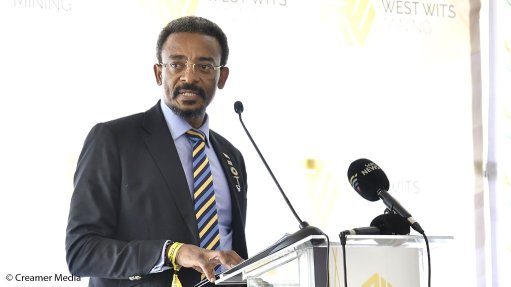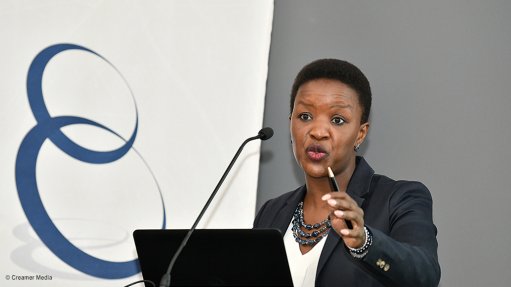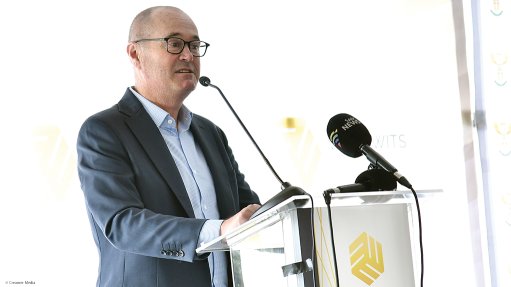End of the beginning
It goes without saying that having a plan to tackle load- shedding represents little more than the ‘end of the beginning’.
That’s not to in any way undermine the importance of that beginning. Without the July 25 plan, there would be little or no prospect of overcoming the immediate problem of intensifying load- shedding, let alone ensuring a transition to a more stable electricity supply situation in the medium term and a sustainable industry in the long term.
However, no matter how comprehensive and well consulted, the electricity plan will have no real meaning for South Africans until there are visible signs of implementation, as well as some tangible results.
Without doubt, the credibility of the plan will be questioned every time there is a new load-shedding event. And given the state of the system, such events are not only inevitable, but are likely to be frequent and, at times, even intense.
That being the case, it is going to be important that Eskom and the newly established National Energy Crisis Committee not only present a united front, but also incorporate a degree of flexibility when it comes to implementation, as it might not be possible to execute all aspects as currently envisaged.
The good news on the unity front is that the Ministers have political cover not only from President Cyril Ramaphosa, at whose pleasure they serve, but also from the governing party, which endorsed the interventions at its recent policy conference.
That’s not to say there was overwhelming support for the plan within the African National Congress. There wasn’t. The fact that the plan remained intact, however, is no small matter.
Without that political cover, it is questionable whether the seven Ministers who make up the crisis committee set up to oversee the interventions would have presented the united front they did in supporting the plan only days after the policy conference.
That display of unity signalled that the initiatives represented a whole-of-government plan and did not belong to the President alone. Sustaining that stance when things get difficult (which they will) is likely to prove more challenging. Nevertheless, it’s a good start.
What is less clear, however, is whether the committee will be able to show agility if and when aspects of the plan might need to be adjusted for changing circumstances.
There is little doubt that the plan incorporates those solutions that, at the time of drafting, held the most promise for ending load-shedding, as they can all be feasibly implemented in 24 to 36 months, albeit with massive effort.
However, circumstances may dictate that solutions not immediately prioritised – such as additional peaking capacity or diesel storage – may have to be front-loaded to cater for delays to other elements.
In other words, while unity of messaging and purpose remains crucial, it will also be important for the crisis committee to be ready and willing to move from Plan A to B if some aspects are not quite working out.
Article Enquiry
Email Article
Save Article
Feedback
To advertise email advertising@creamermedia.co.za or click here
Announcements
What's On
Subscribe to improve your user experience...
Option 1 (equivalent of R125 a month):
Receive a weekly copy of Creamer Media's Engineering News & Mining Weekly magazine
(print copy for those in South Africa and e-magazine for those outside of South Africa)
Receive daily email newsletters
Access to full search results
Access archive of magazine back copies
Access to Projects in Progress
Access to ONE Research Report of your choice in PDF format
Option 2 (equivalent of R375 a month):
All benefits from Option 1
PLUS
Access to Creamer Media's Research Channel Africa for ALL Research Reports, in PDF format, on various industrial and mining sectors
including Electricity; Water; Energy Transition; Hydrogen; Roads, Rail and Ports; Coal; Gold; Platinum; Battery Metals; etc.
Already a subscriber?
Forgotten your password?
Receive weekly copy of Creamer Media's Engineering News & Mining Weekly magazine (print copy for those in South Africa and e-magazine for those outside of South Africa)
➕
Recieve daily email newsletters
➕
Access to full search results
➕
Access archive of magazine back copies
➕
Access to Projects in Progress
➕
Access to ONE Research Report of your choice in PDF format
RESEARCH CHANNEL AFRICA
R4500 (equivalent of R375 a month)
SUBSCRIBEAll benefits from Option 1
➕
Access to Creamer Media's Research Channel Africa for ALL Research Reports on various industrial and mining sectors, in PDF format, including on:
Electricity
➕
Water
➕
Energy Transition
➕
Hydrogen
➕
Roads, Rail and Ports
➕
Coal
➕
Gold
➕
Platinum
➕
Battery Metals
➕
etc.
Receive all benefits from Option 1 or Option 2 delivered to numerous people at your company
➕
Multiple User names and Passwords for simultaneous log-ins
➕
Intranet integration access to all in your organisation




















